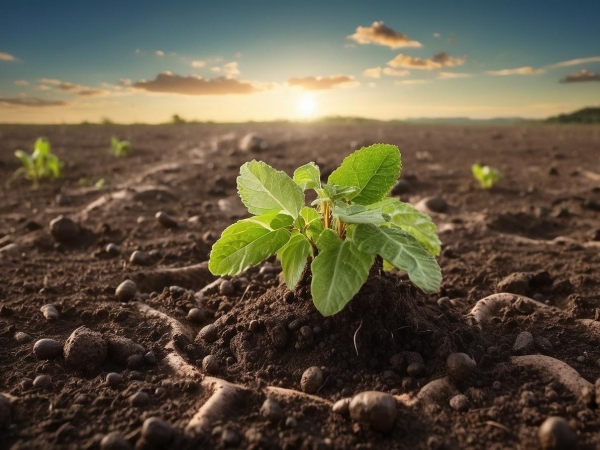The elephants are gone.
articles
Extreme Weather Inflicting Higher Costs but Fewer Deaths, Report Finds
The last decade saw weather grow more extreme, with cyclones, floods, and fires incurring greater costs.
Reefs Recovered Slower Than Broader Ecosystem Following Ancient Extinction
Coral reefs, among the most diverse and valuable ecosystems on Earth, are under threat due to the changing climate.
New Research Explores Future Limits of Survival, Livability in Extreme Heat Condition
Global carbon emissions from fossil fuels have risen again in 2023 – reaching record levels, according to new research from the Global Carbon Project science team.
Researchers Predict Climate Change-Driven Reduction in Beneficial Plant Microbes
Bacteria that benefit plants are thought to be a critical contributor to crops and other ecosystems, but climate change may reduce their numbers, according to a new study by an international team of researchers.
Study Identifies Key Ingredient for Affordable Fuel Cell Catalysts
To make fuel cells more affordable, researchers have spent decades searching for low-cost catalysts to replace platinum and other expensive metals.










